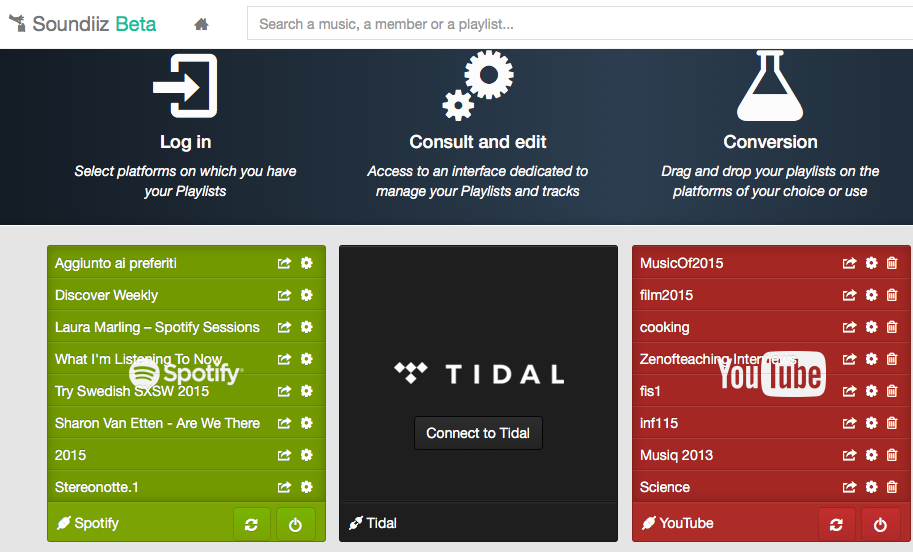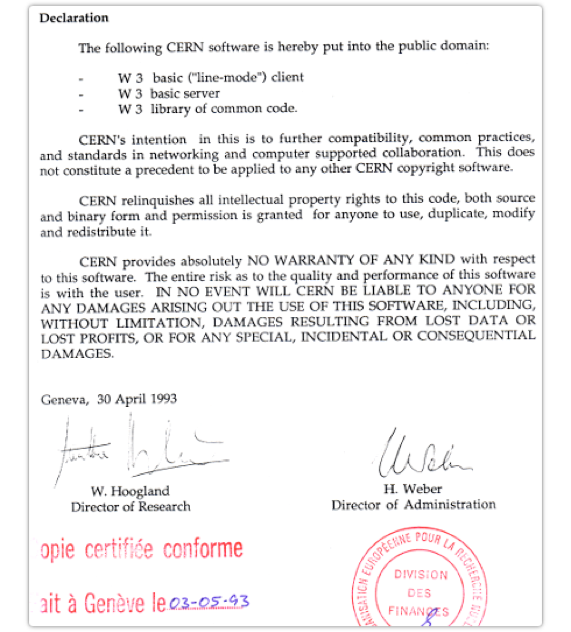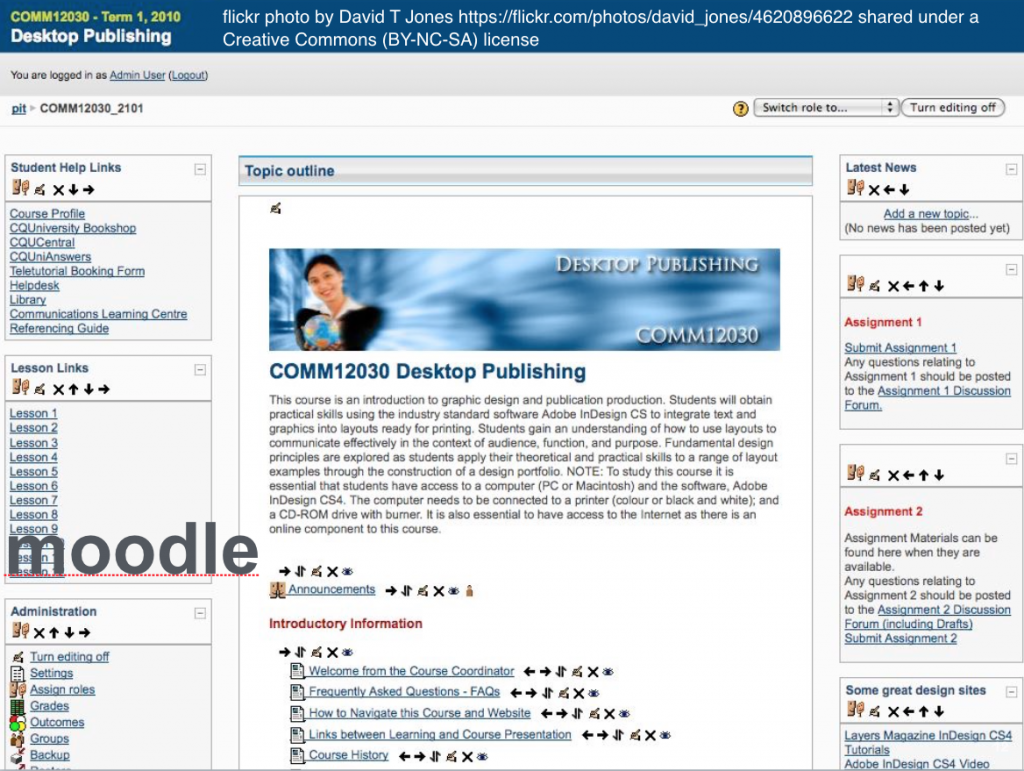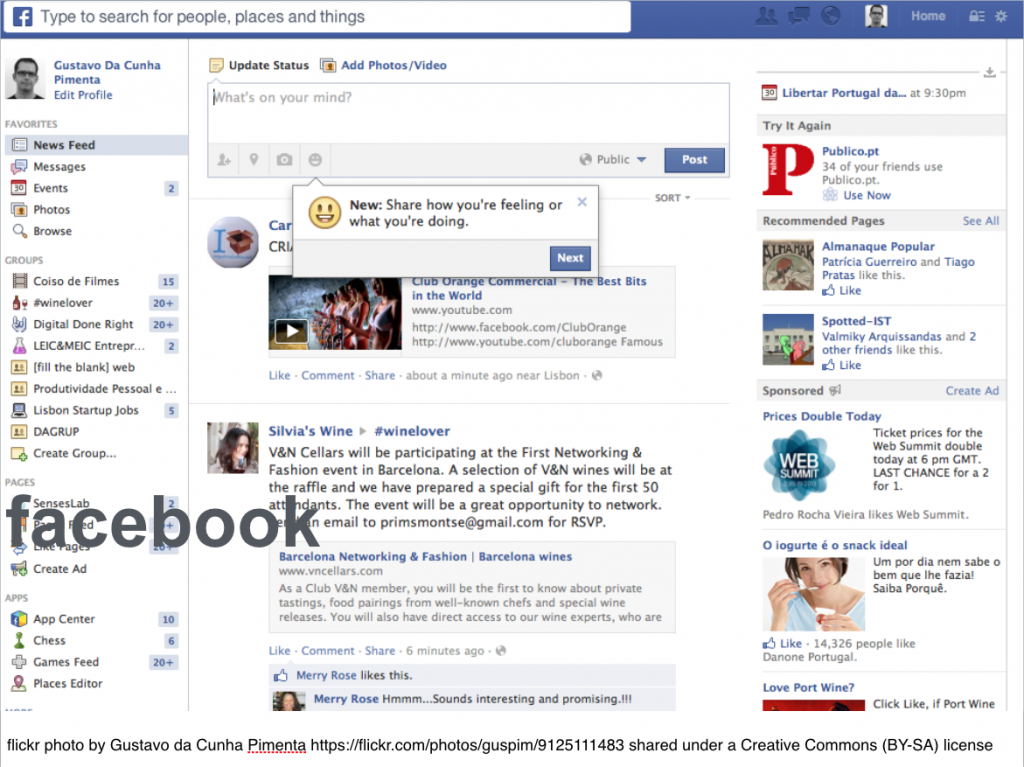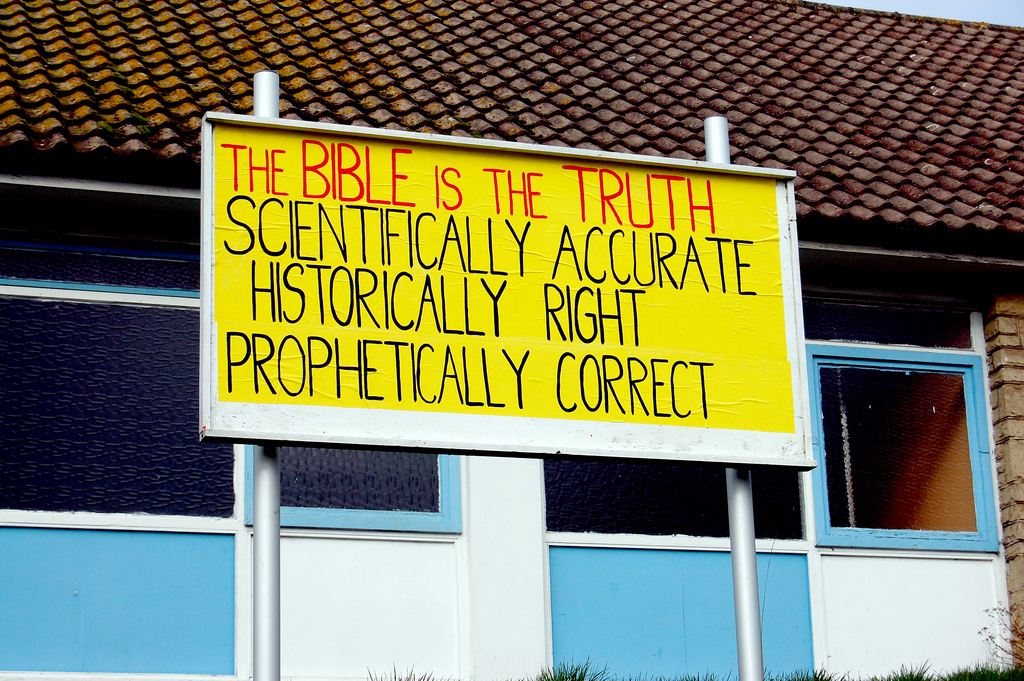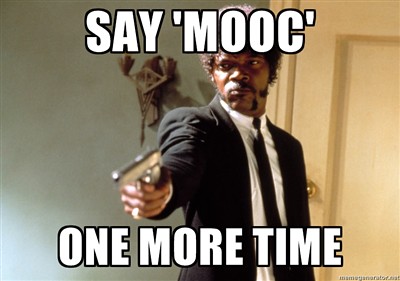How come had I not thought about this before?
For every question, is it there an answer on the Internetz?
Well, at least, I got an immediate answer to both questions. While i was updating my WordPress installs, etc., it happened I was listening to a great new webradio from San Francisco, namely SomaFM, with a number of good tracks to choose from. Then it stroke: What if I were able to convert a Spotify playlist (of which I have a few) into YouTube playlists? It occurred to me this would be a good idea for some after dinner music sharing and also semi-automated synch between the two platforms.
I even thought I would have been up to programming one myself, if need arose. Well, it didn’t. Naif of me. I found almost immediately this little jewel: soundiiz.com, a webservice providing conversions between quite a few playlist platforms (Spotify, Deezer, YouTube, etc.). Actually I found a few more sites, but I clicked and stayed with Soundiiz. Up to now I am happy: for my 2015 Playlist from Spotify (login needed), it converted 41 of the 49 songs, a good 84%, and I have now a good new YouTube video playlist.
Now, what about synching both platforms over one specific common playlist?

